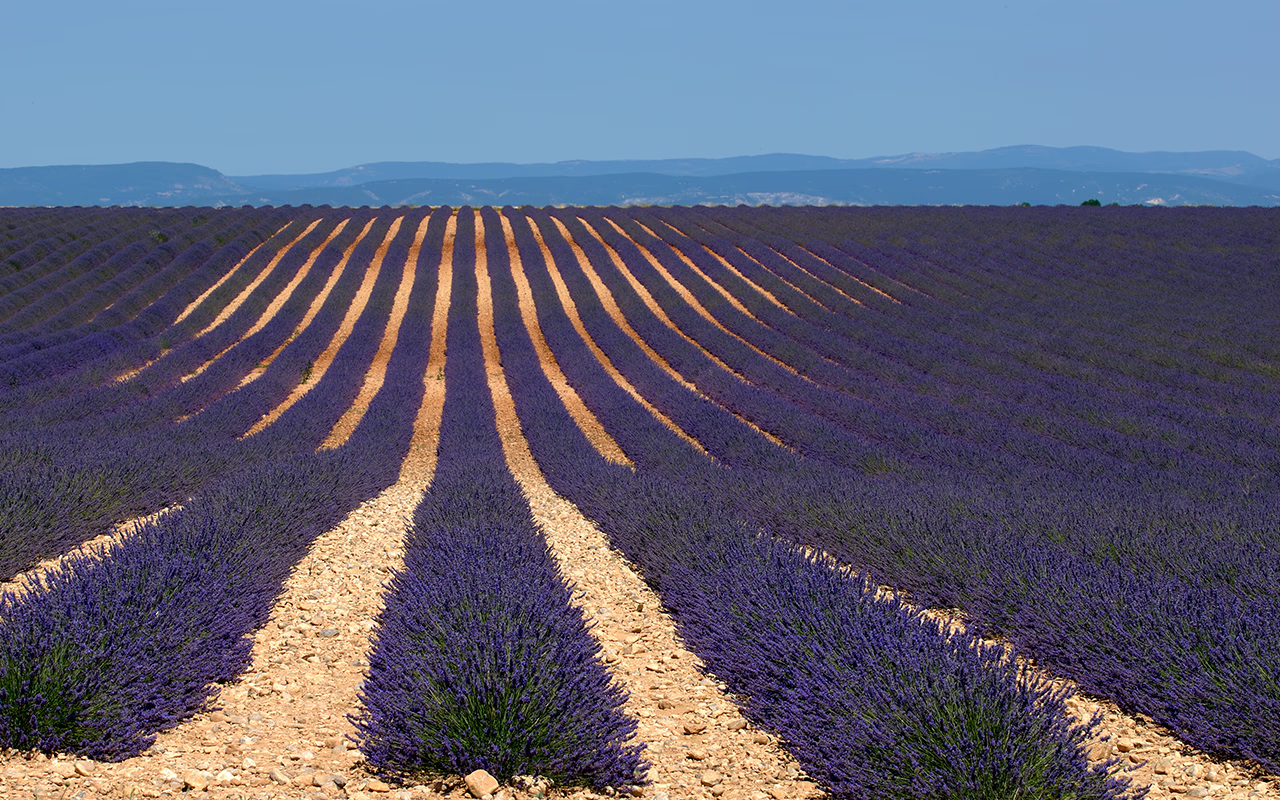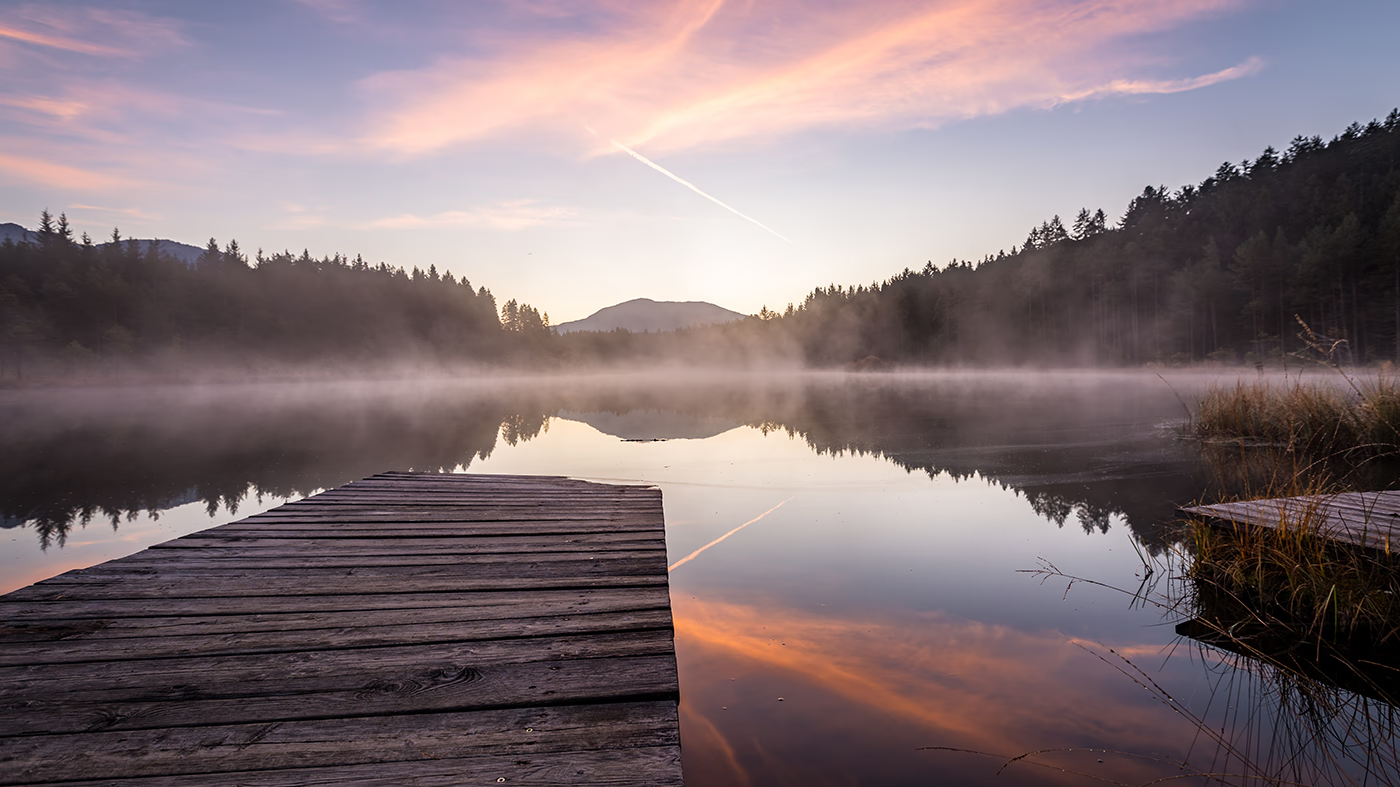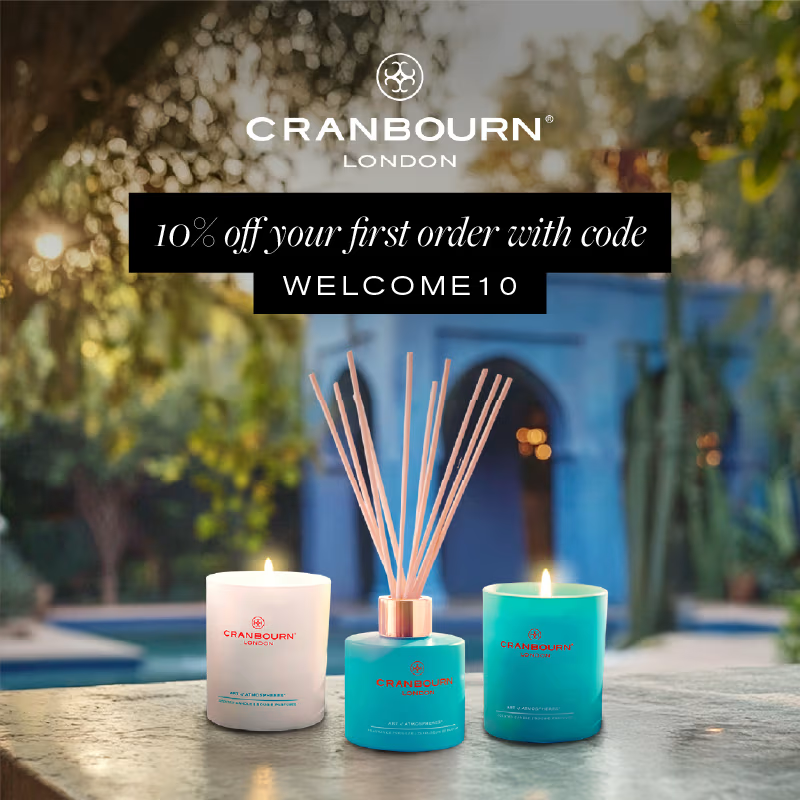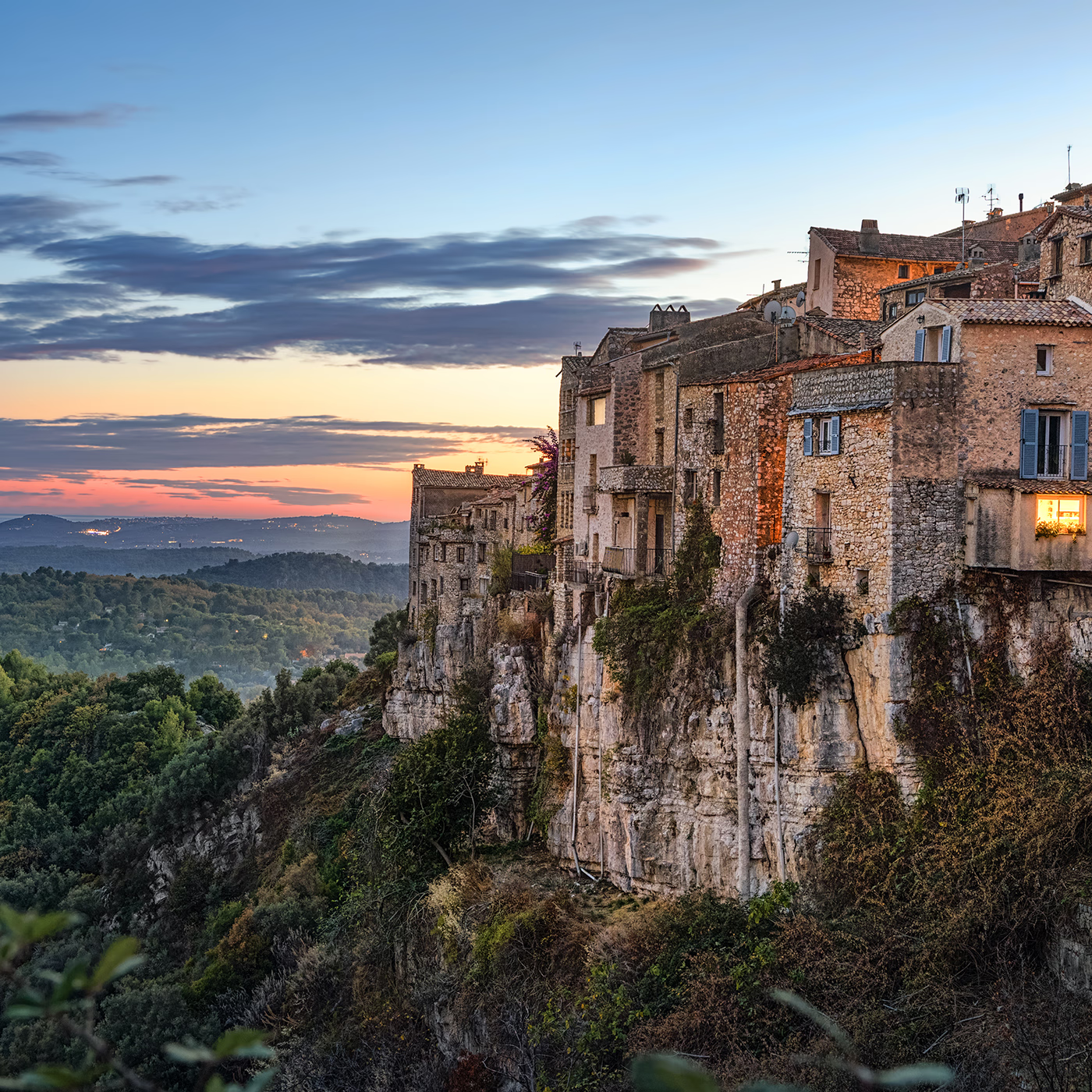
El viaje a la fragancia moderna
Nuestro amor por el arte de la perfumería es profundo, por lo que pensamos que lo llevaríamos al comienzo del largo y sinuoso viaje hacia la fragancia moderna de las antiguas culturas y boticarios.
Un perfume es una sustancia, extracto o preparación que imparte un olor agradable. La palabra perfume deriva del verbo latino perfumar – que significa 'pasar humo'.
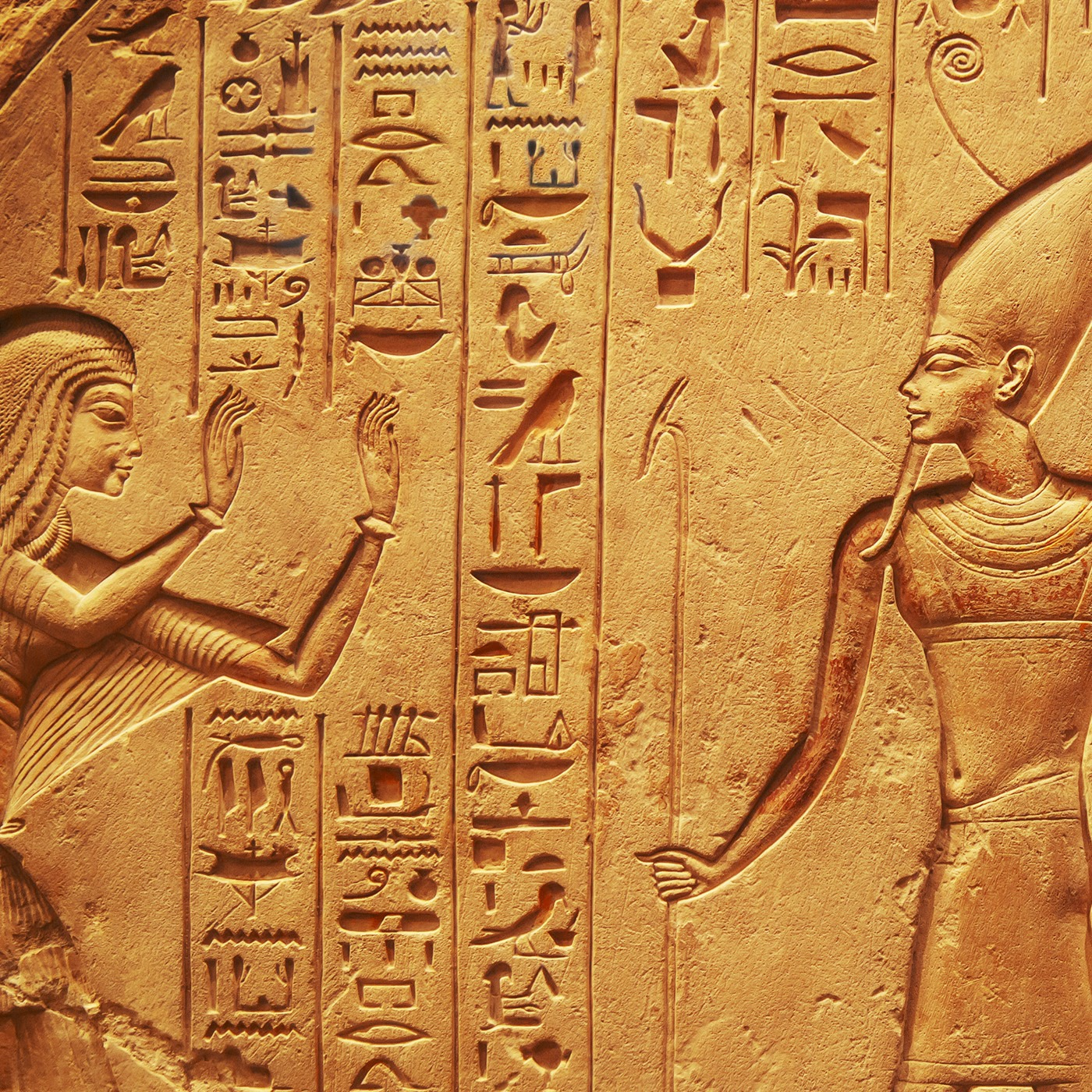
Civilizaciones antiguas y boticarios
El arte de hacer perfumes se originó en el antiguo Egipto, Mesopotamia, el valle del Indo y China. Posteriormente fue mejorado por los romanos y los primeros farmacéuticos árabes y persas, quienes desarrollaron la técnica de la destilación y la suspensión de esencias generalmente derivadas de productos botánicos en alcohol.
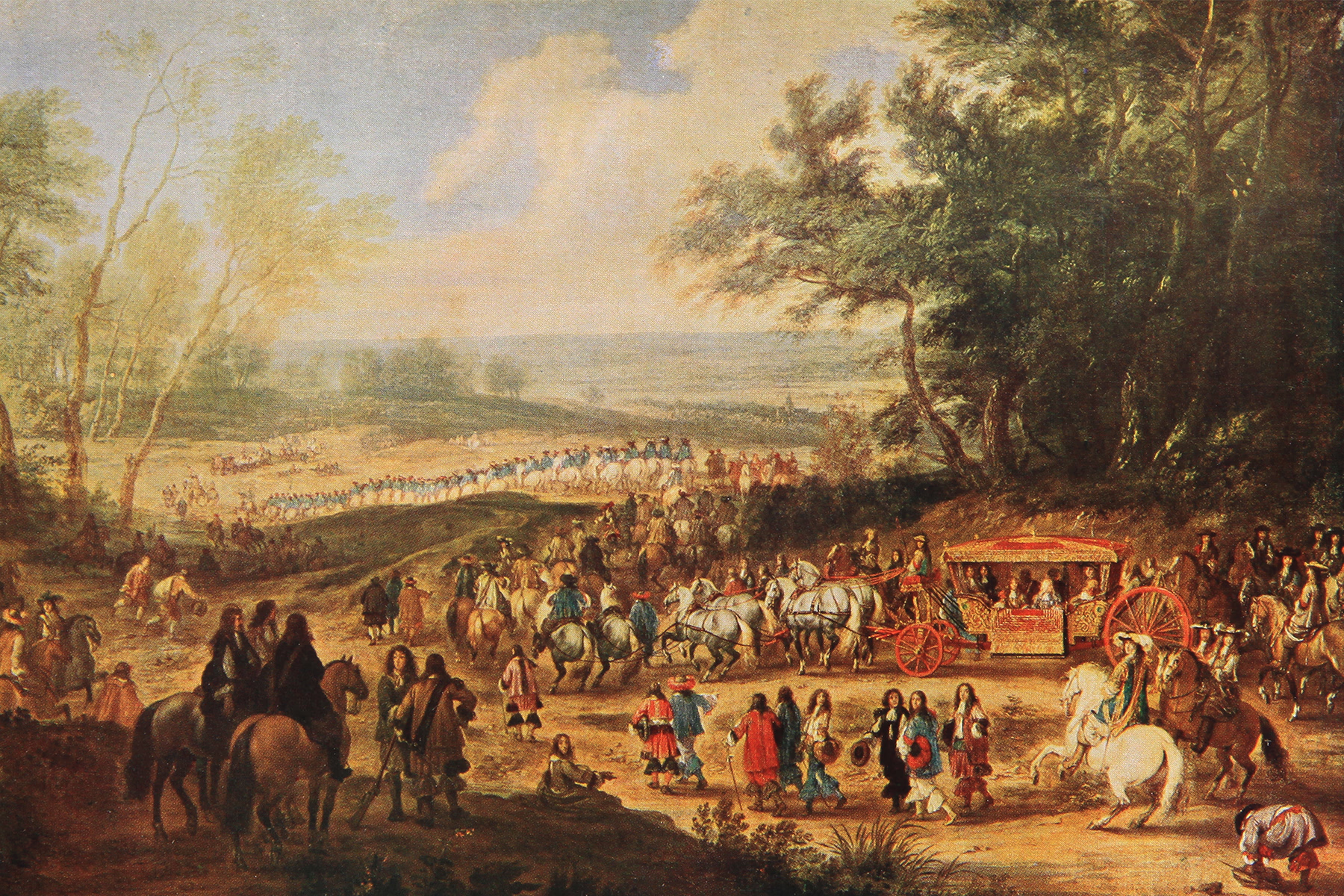
Europa medieval, el perfumista y el farmacéutico
Este conocimiento se llevó más tarde a la Europa medieval, y la fabricación de perfumes pronto prosperó entre las cortes reales, especialmente más tarde en el siglo XVII en Francia bajo Luis XIV e Inglaterra e Italia. Los aceites fragantes también se usaban para la curación y el bienestar, lo que significó que las profesiones de perfumista y boticario o farmacéutico pronto se entrelazaron estrechamente.
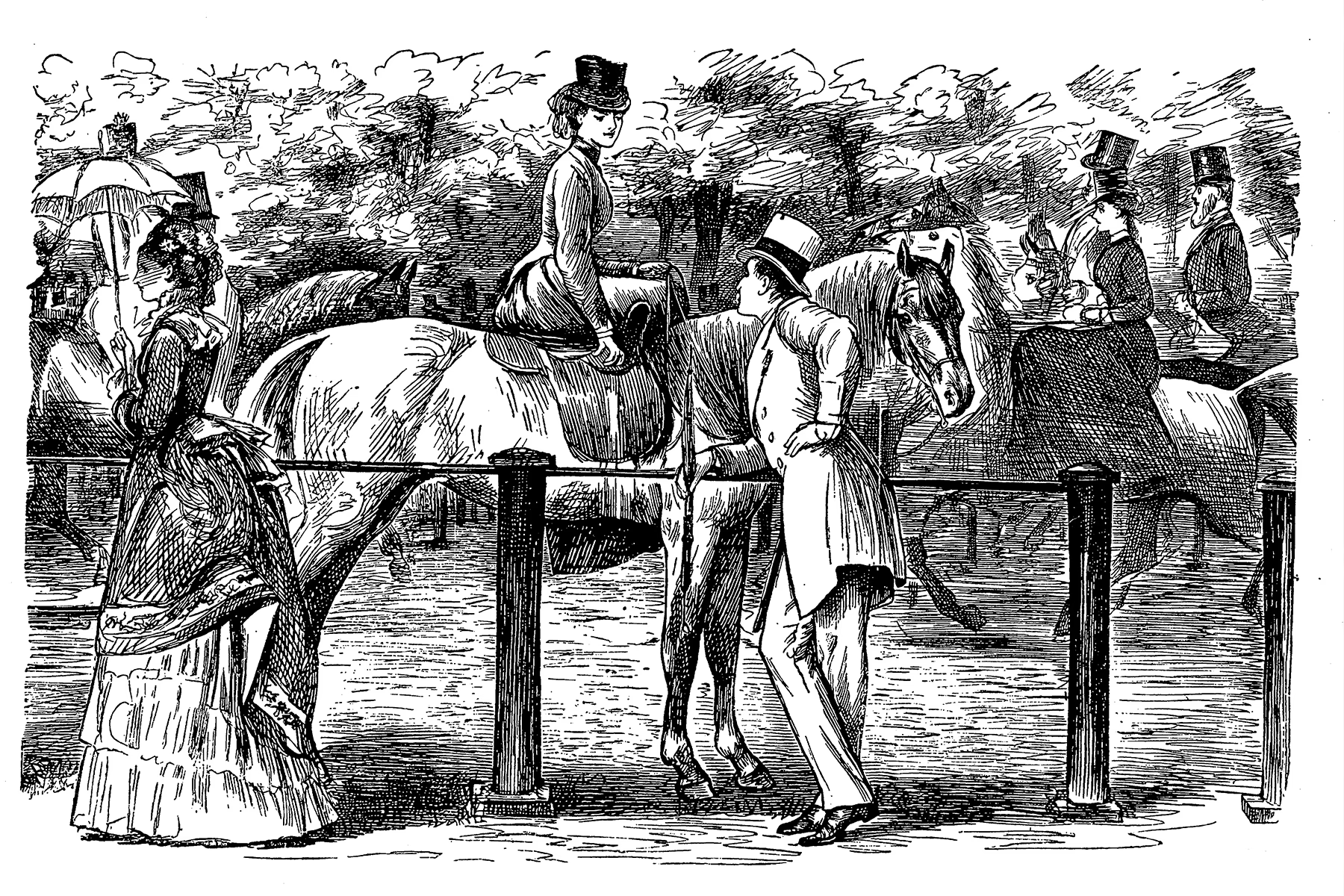
Enmascarar el olor
Curiosamente, fue la industria europea del cuero la que aceleró el desarrollo de la perfumería. La producción de cuero en los siglos 17 y 18 usaba procesos podridos y de olor desagradable durante el curtido, lo que significaba que los artículos de cuero impartían olores desagradables a todos aquellos que los usaban. Los consumidores de la nobleza y la alta sociedad europea exigían que sus artículos de piel olieran bien. Los fabricantes de guantes de cuero, conocidos como 'gantiers-parfumeurs', aceptaron el desafío en ciudades como Grasse en Provenza, que era famosa por el cultivo de productos botánicos, en particular flores utilizadas para producir aceites esenciales.
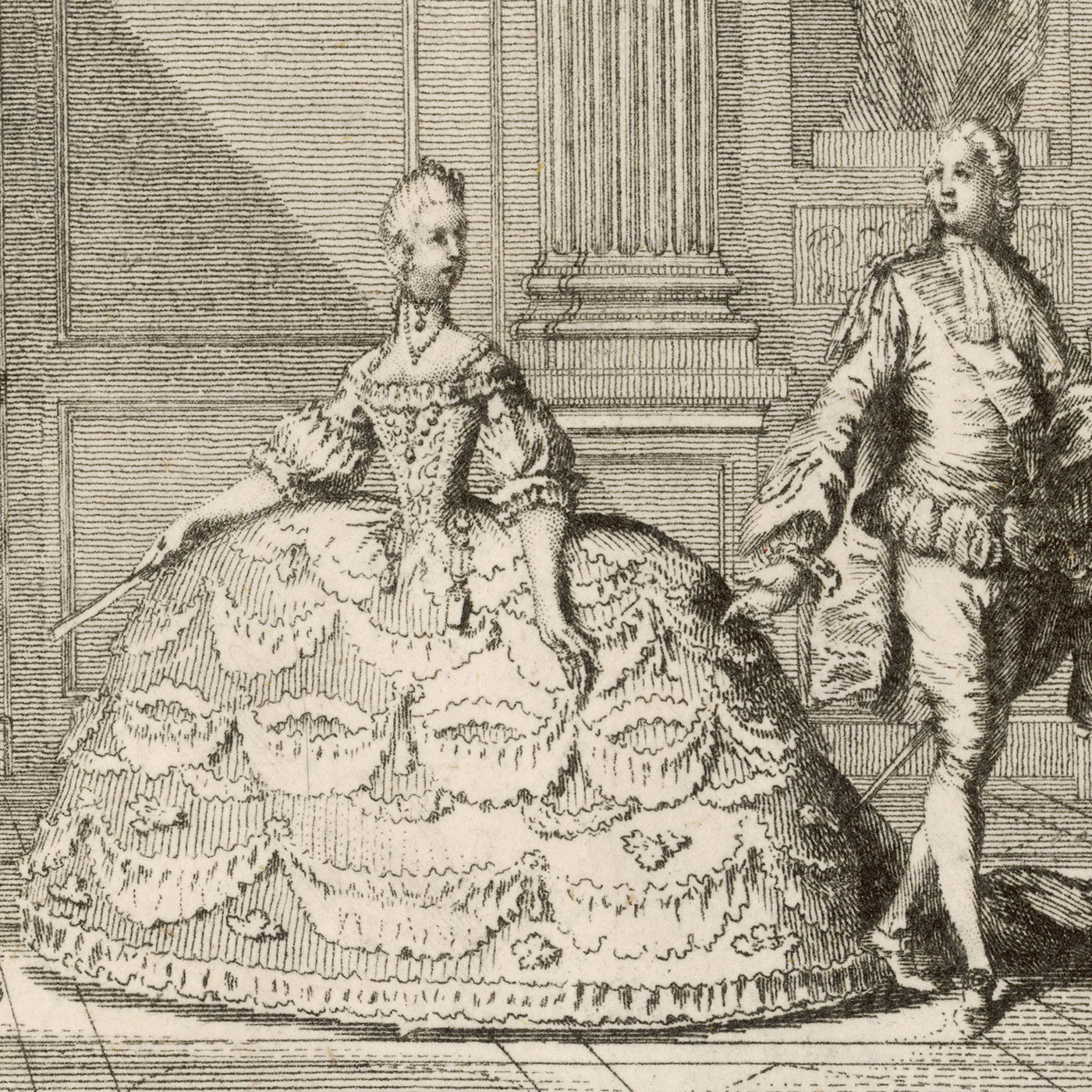
El amor de María Antonieta por las fragancias
En el siglo XVIII, el amor de María Antonieta por los perfumes estaba bien documentado. Sus aromas fueron preparados por el destacado maestro perfumista Jean-Louis Fargeon, con quien mantuvo una relación increíblemente estrecha. Fargeon crearía una variedad de fragancias para adaptarse a sus diferentes circunstancias y requisitos, llegando incluso a crear fragancias para perfumar el agua de su baño. Su arraigado amor por las fragancias la decepcionó al final: se decía que solo fue reconocida como realeza cuando intentó huir de Varennes debido a su exclusivo perfume Houbigant.
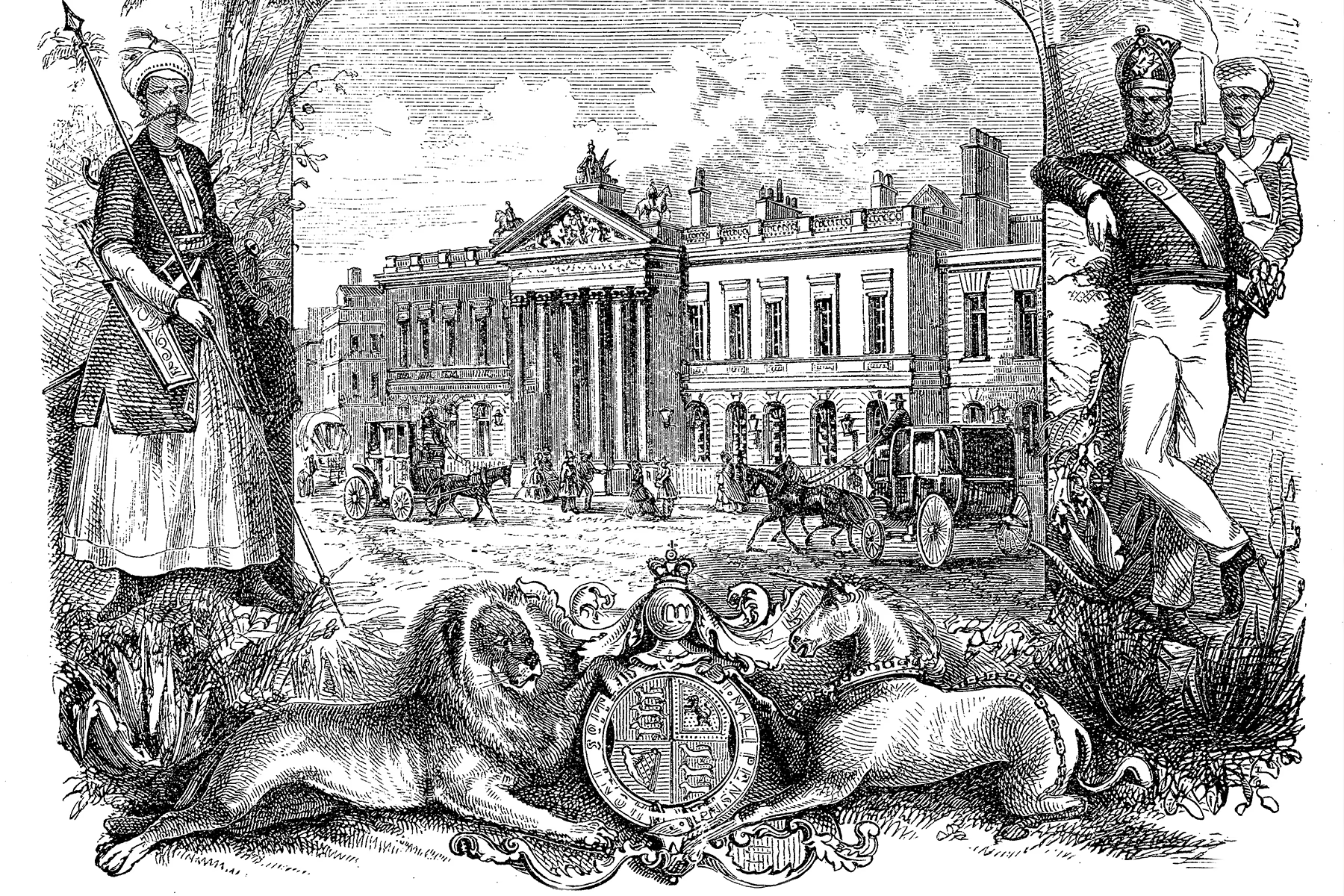
El auge de la industria de las fragancias en Gran Bretaña
A finales del siglo XVIII y XIX, la Revolución Francesa y la guerra en Europa llevaron a Gran Bretaña a comercializar y producir fragancias europeas. Gran Bretaña vio una rápida industrialización y avances tecnológicos, creando una sociedad de consumo floreciente y cada vez más próspera en comparación con sus vecinos inmediatos en ese momento. Con sus rutas comerciales globales y organizaciones como la Compañía de las Indias Orientales, el Imperio Británico trajo diferentes especias e ingredientes exóticos a perfumistas y consumidores cada vez más exigentes. Nacía el mundo moderno del perfume.
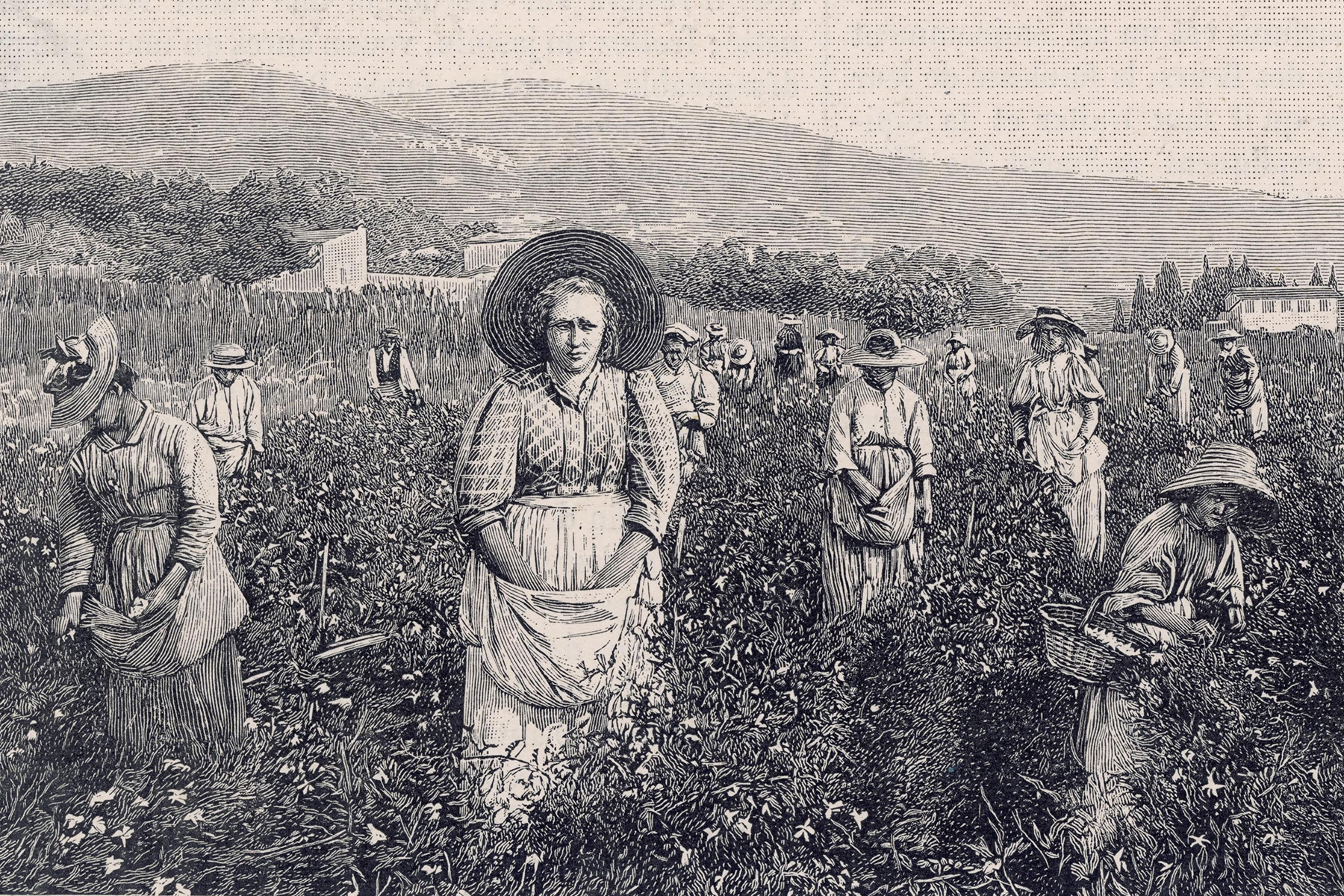
Fusionando naturaleza y ciencia
Los perfumes generalmente se producen a partir de productos botánicos: una mezcla de materiales vegetales aromáticos. Los aceites esenciales se extraen de diferentes partes de plantas, flores, semillas y cortezas. Sin embargo, muchas cosas han cambiado desde los inicios de la perfumería. Los avances científicos han permitido que muchos de estos compuestos de origen natural se produzcan sintéticamente. La perfumería moderna que conocemos hoy comenzó a fines del siglo XIX con la síntesis comercial de compuestos aromáticos como la vainillina o la cumarina. Esto condujo a la creación de perfumes con aromas que antes eran inalcanzables únicamente a partir de fuentes naturales.
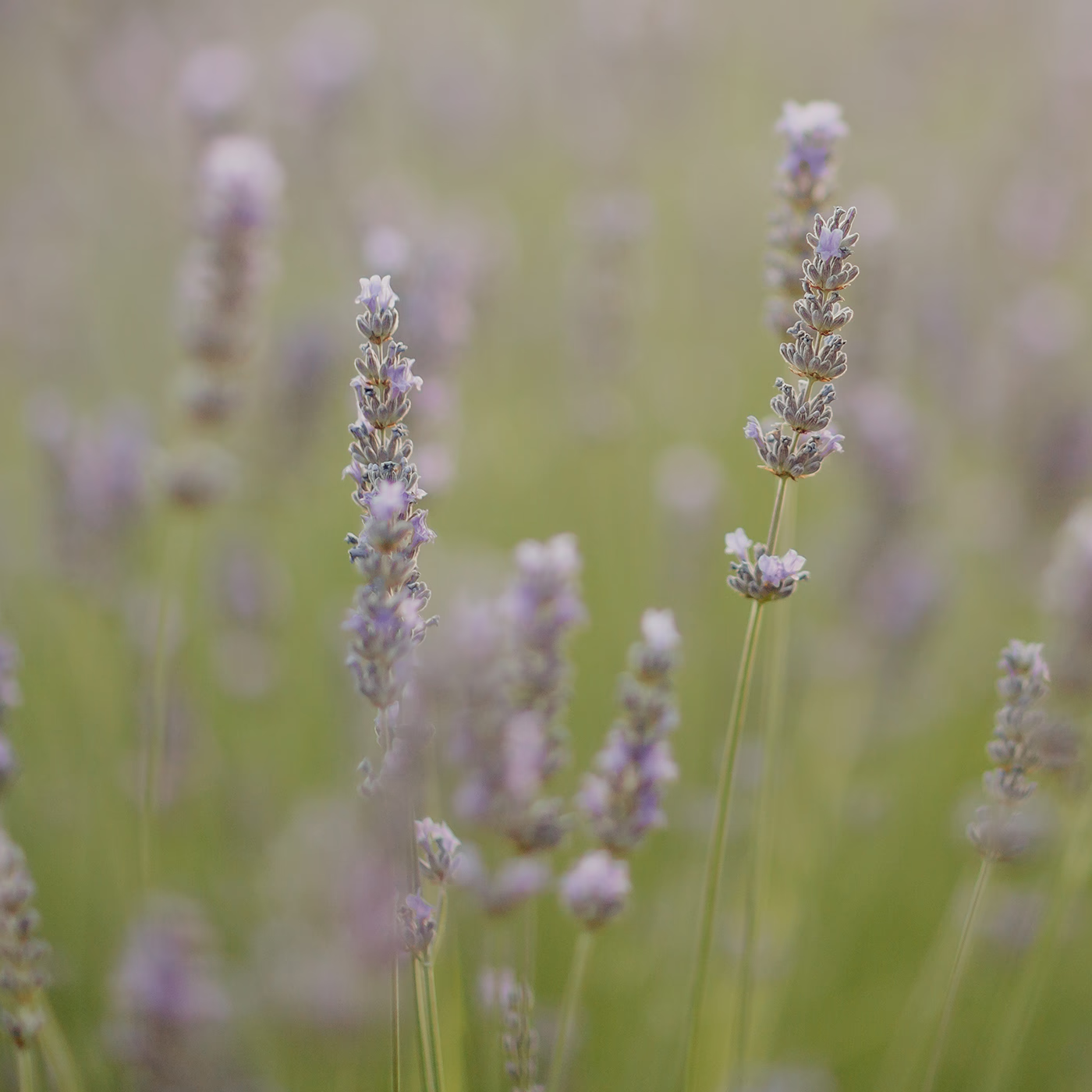
Del bienestar a la supervivencia
Las agradables partículas volátiles emitidas por estos compuestos botánicos fragantes han sido sinónimo de bienestar. Hoy en día, los perfumes realzan el aroma de nuestros espacios vitales, cuerpos y prendas de vestir.
Nuestro sentido del olfato sigue siendo una señal esencial en nuestra vida cotidiana moderna, ya que nos proporciona información sobre nuestro entorno inmediato. Desde una perspectiva biológica, el sentido del olfato sigue siendo fundamental para la supervivencia de muchas especies, incluida la nuestra.
Esta capacidad olfativa procede de unas células sensoriales especializadas llamadas neuronas sensoriales olfativas, que se encuentran en una pequeña zona de tejido en el interior de la nariz. Estas células conectan directamente con el cerebro y cada neurona olfativa tiene un receptor de olor.
En CRANBOURN®Creemos que debe cultivar este maravilloso sentido del olfato disfrutando de las fragancias en su vida diaria, potenciando su Arte del Bienestar™.




